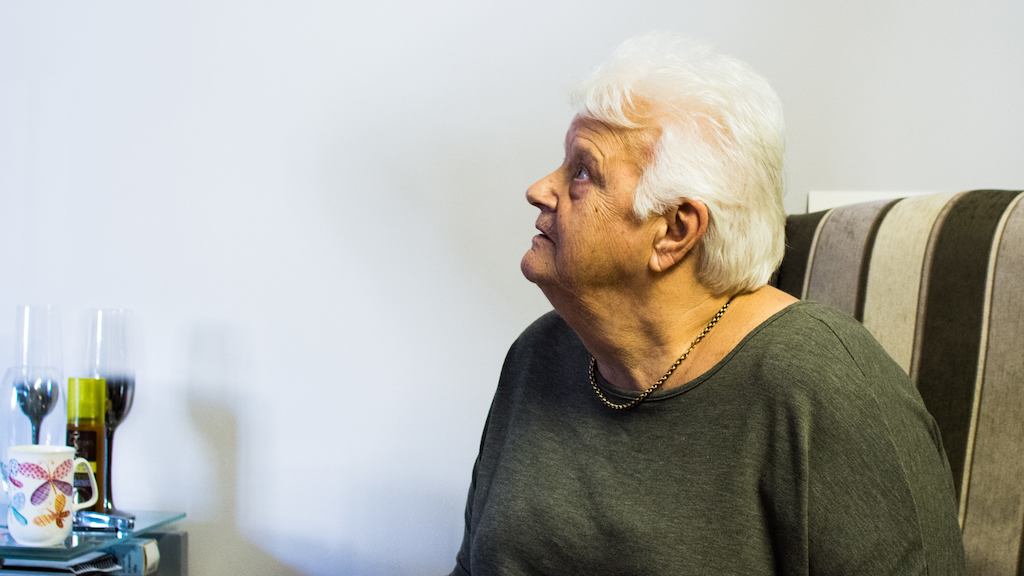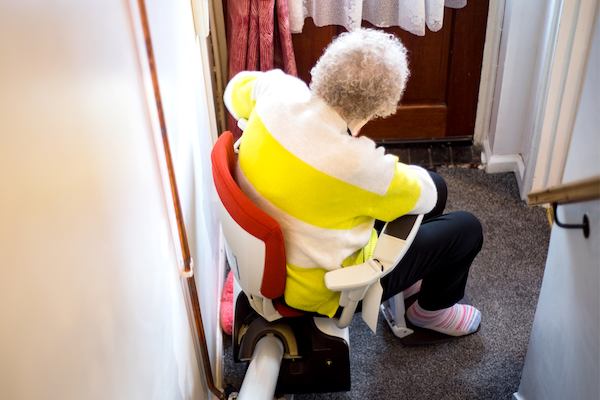Outside of the media headlines, there is much debate about the integration of health, social care and housing amongst professionals. Judging by the number of requests I and colleagues have had in the past month to attend or speak at conferences on the subject, it feels like today’s hot topic! Indeed, Ageing Better, Anchor and Hanover recently hosted a seminar in Birmingham.
It was clear that in the room were a committed bunch of people who agreed with the principle of more joined up health, housing and social care services and believed that this could lead to better care, support and quality of life for people in later life. It was equally clear that there were huge barriers in the way, making it often seem too difficult within the current system. These barriers were named in the discussions but were also made visible by who was not in the room (work pressures preventing some from attending and a dominance of housing and social care professionals).
Since the seminar, we have seen the Government publish a Housing White Paper, with reference to our ageing population. The Spring budget delivered £2 billion of new funding for social care for the next three years and a commitment to publish a green paper outlining options for future funding. The Communities and Local Government Select Committee launched an Inquiry into Older People’s Housing. Positive signs maybe, but more detail (and action) is needed.
There were many different voices in the room that day in Birmingham but common themes and ideas emerged for action:


